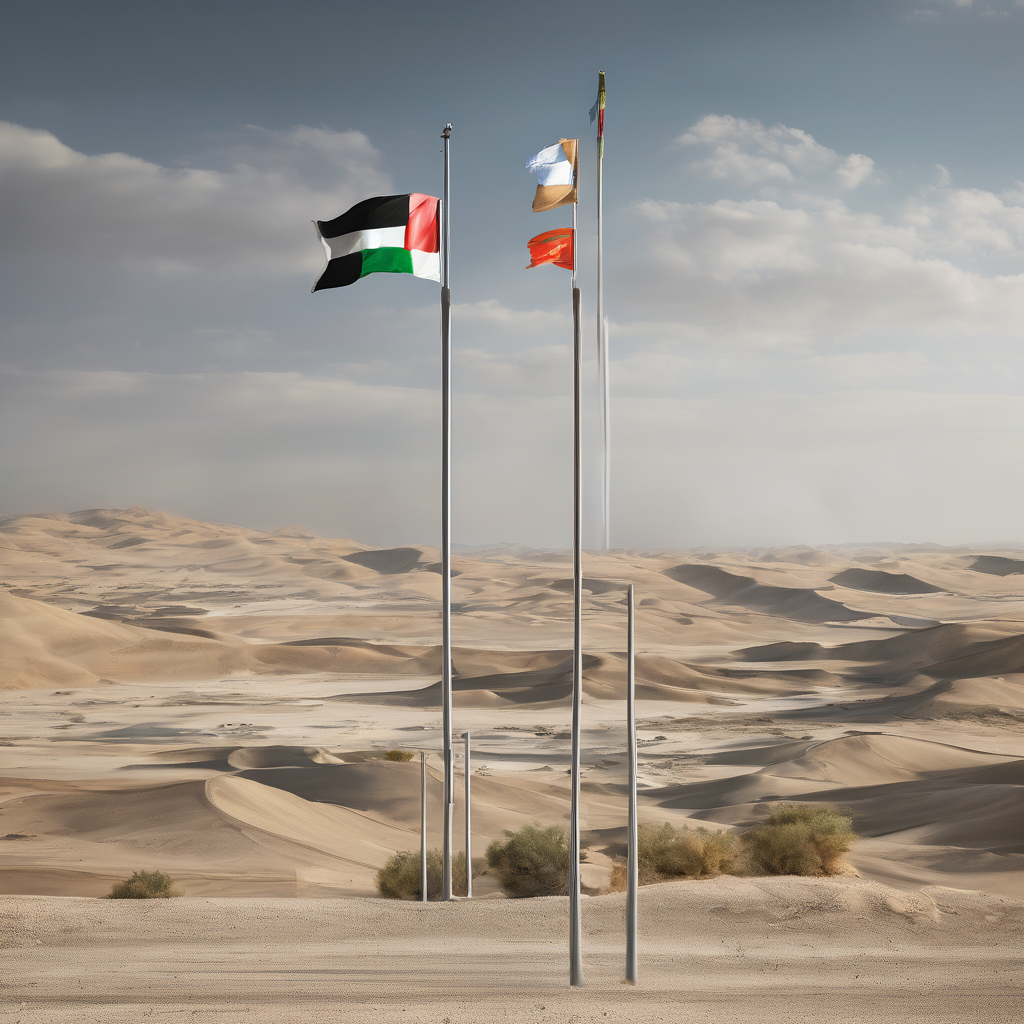Israeli Prime Minister Benjamin Netanyahu has vocally criticized global moves to recognize a Palestinian state, describing such efforts as a “reward for terror” in the aftermath of the October 7 attacks. Netanyahu’s firm stance underscores a consistent policy of resisting the establishment of a Palestinian state west of the Jordan River, a position he has maintained despite international and domestic pressure.
Netanyahu highlighted the intensification of Jewish settlement expansion in the territories referred to as Judea and Samaria, indicating that this policy will persist. This declaration reflects a long-standing strategy of altering facts on the ground to preclude the formation of a contiguous Palestinian state. He has promised a decisive response to ongoing efforts to solidify a Palestinian state, which will be further articulated upon his return from the United States.
This narrative fits into a broader context of increasing settlement activity in the West Bank, as seen in governmental approval of new settlements. These developments often draw international criticism and complicate already fragile peace negotiations. Nation leaders, including Netanyahu, have framed settlement expansions as necessary for the security and future of Israel, despite the potential ramifications for peace efforts.
Netanyahu, representing a coalition government that includes significant ultra-nationalist elements, is steadfast in implementing policies that strengthen Israel’s territorial claims. Meanwhile, global entities such as the United Nations and the European Union have repeatedly called for reversals of settlement expansion, citing the detrimental effects on the viability of a two-state solution and labeling settlements illegal under international law.
The situation within the Israeli-Palestinian landscape remains tense, with many international actors advocating a return to negotiations and diplomacy as means to achieve sustainable peace. However, the official stance from the Israeli government continues to emphasize security and sovereignty over these regions as paramount, viewing the recognition of a Palestinian state as a threat to national stability.
In the face of these developments, there remains a sliver of optimism among diplomatic circles. Some hope that renewed international dialogue and mediation could lead to a de-escalation and renewed negotiations, fostering humanitarian relief and potentially paving the way for future peaceful cohabitation.
